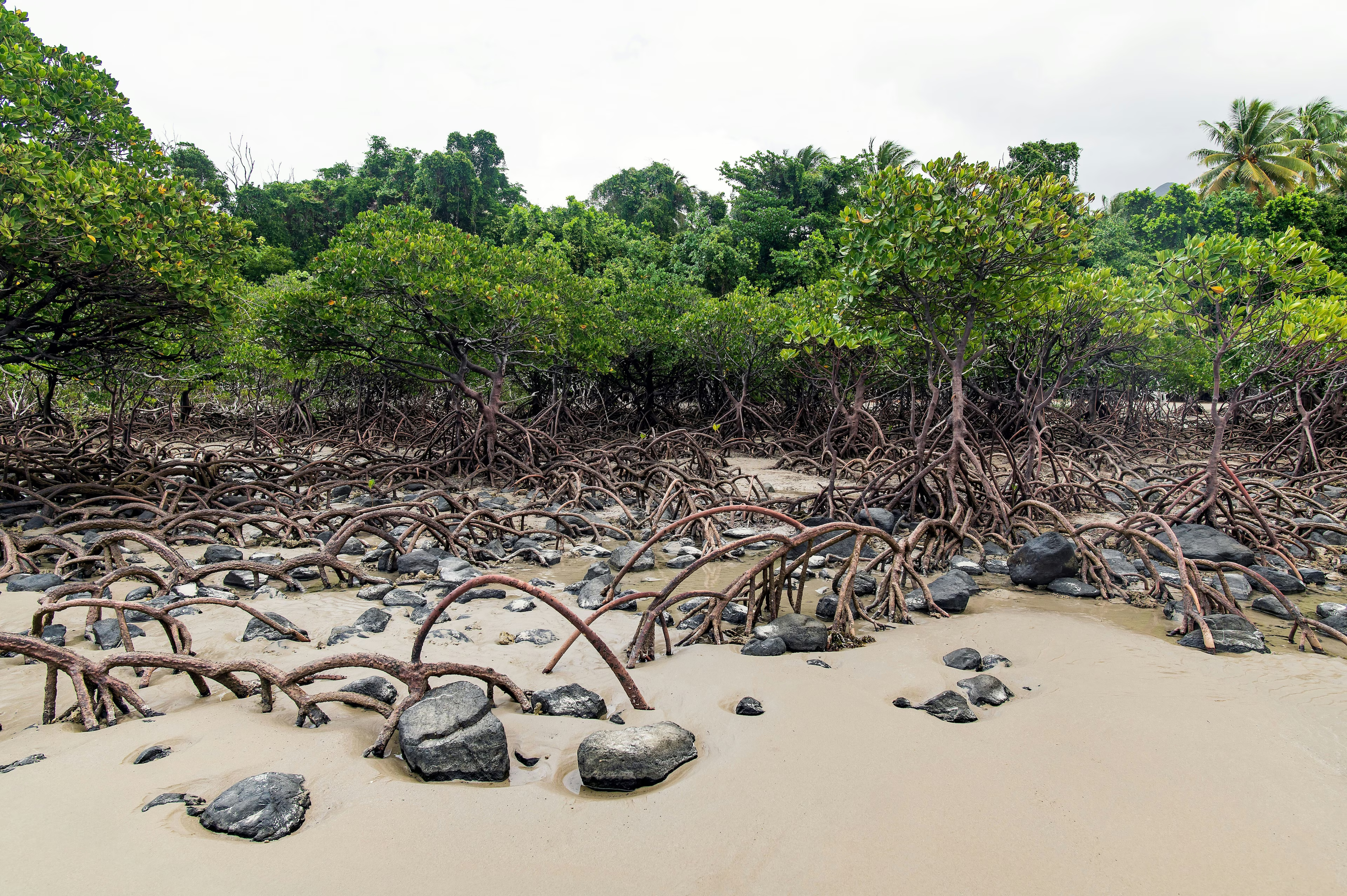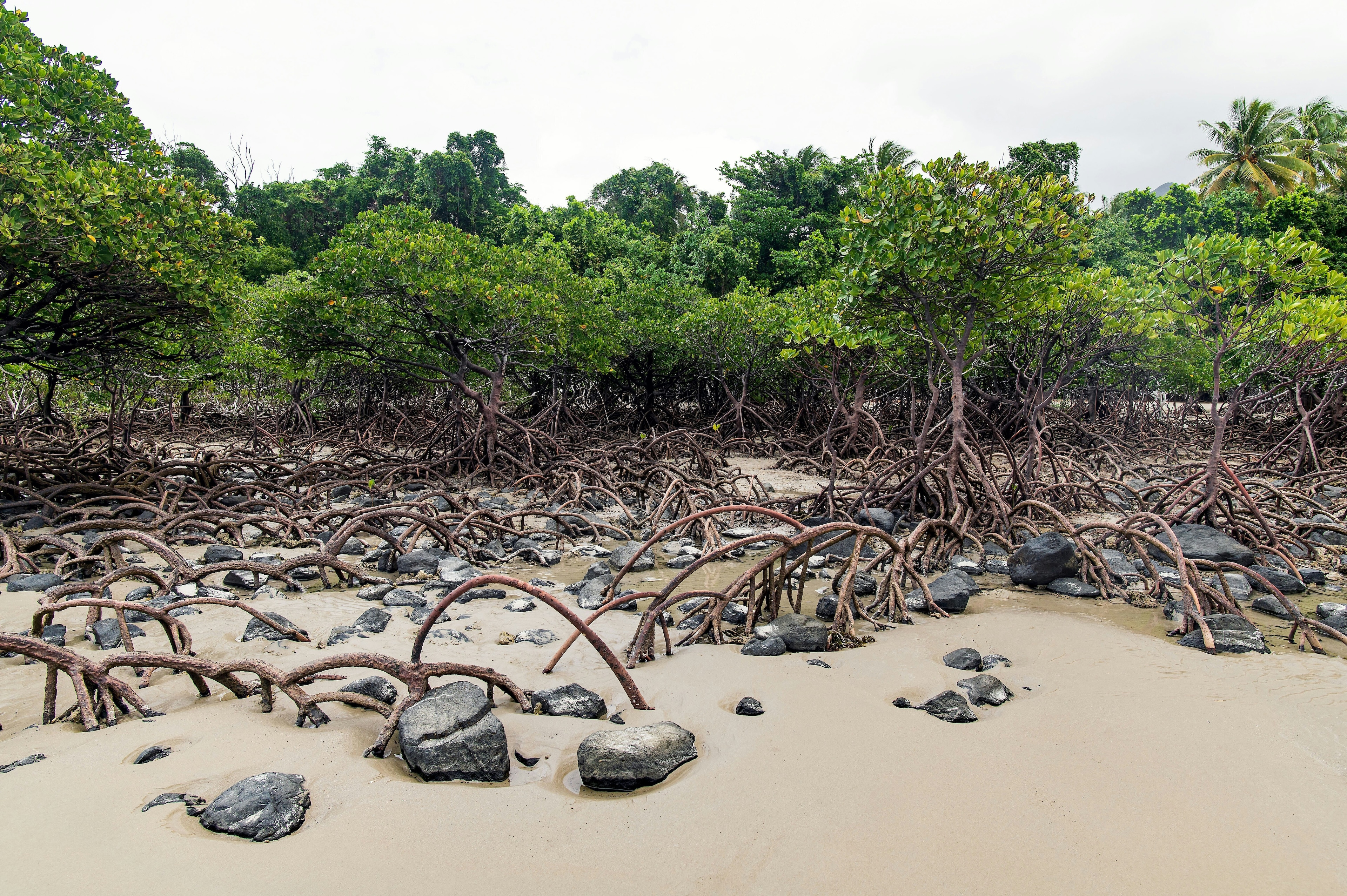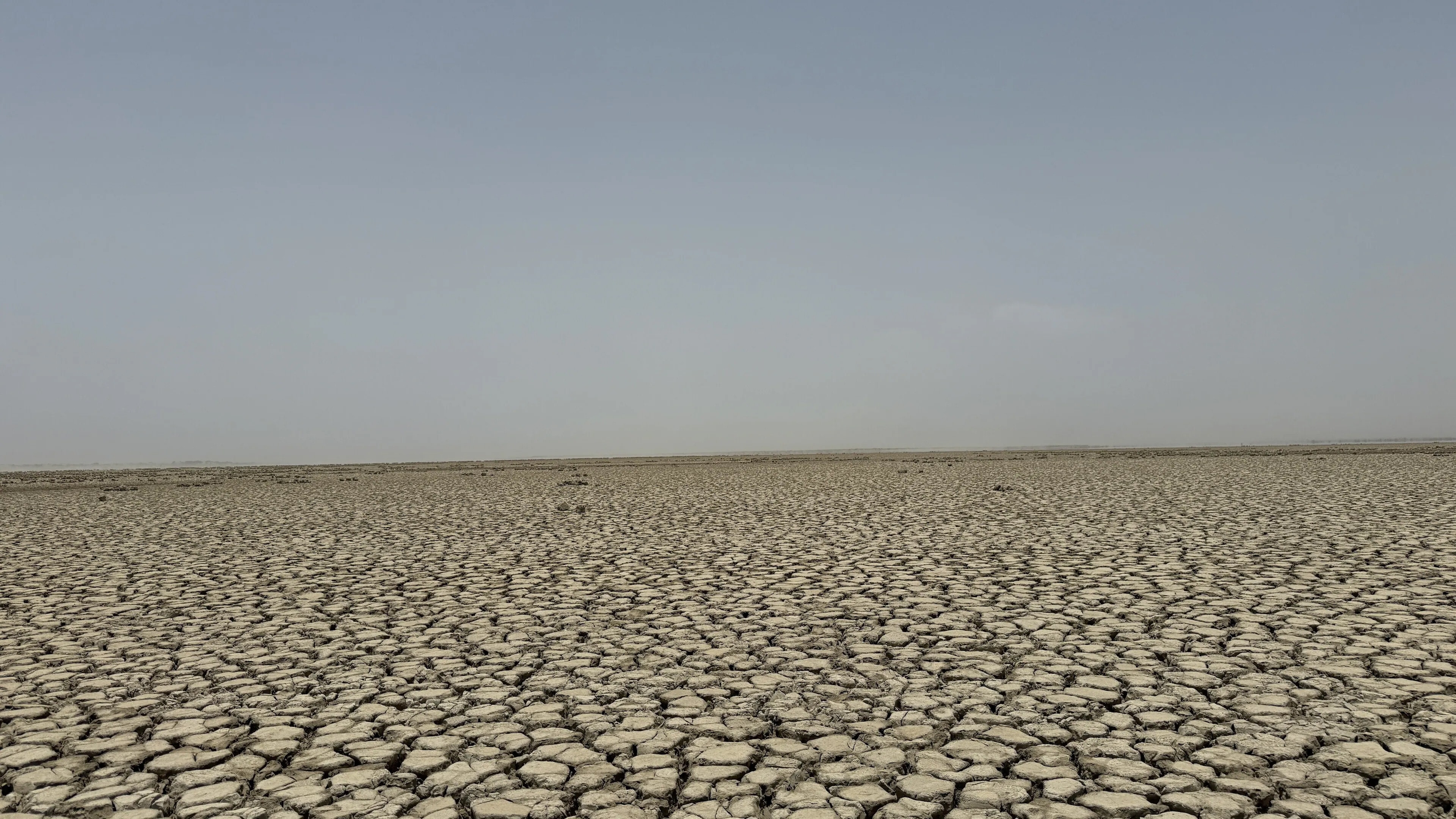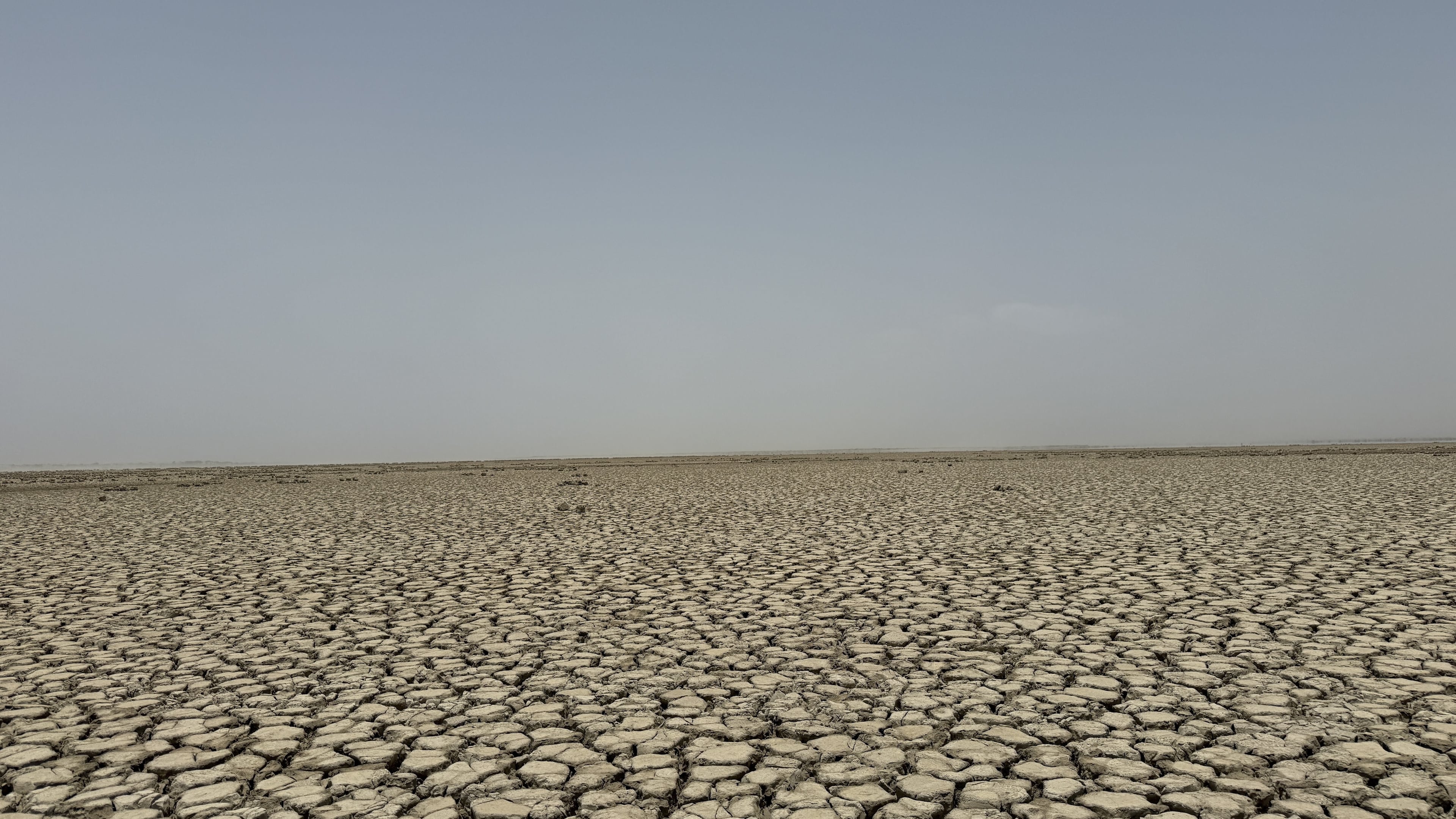Dr Eric Shahzar holds a doctorate in displacement and human rights crises. His ground breaking research has unleashed new areas of discoveries in the space of displacement due to environmental deviations.
He has been advising parliamentary committees for important issues related to foreign policy, national security, climate change, and many. Shahzar emphasises that climate change interacts with other forces of displacement such as conflict, hunger, and poverty.
Shahzar is also an academic, currently in the UK, teaching global politics and various subjects in law in Oxford University campuses and Hertfordshire.












